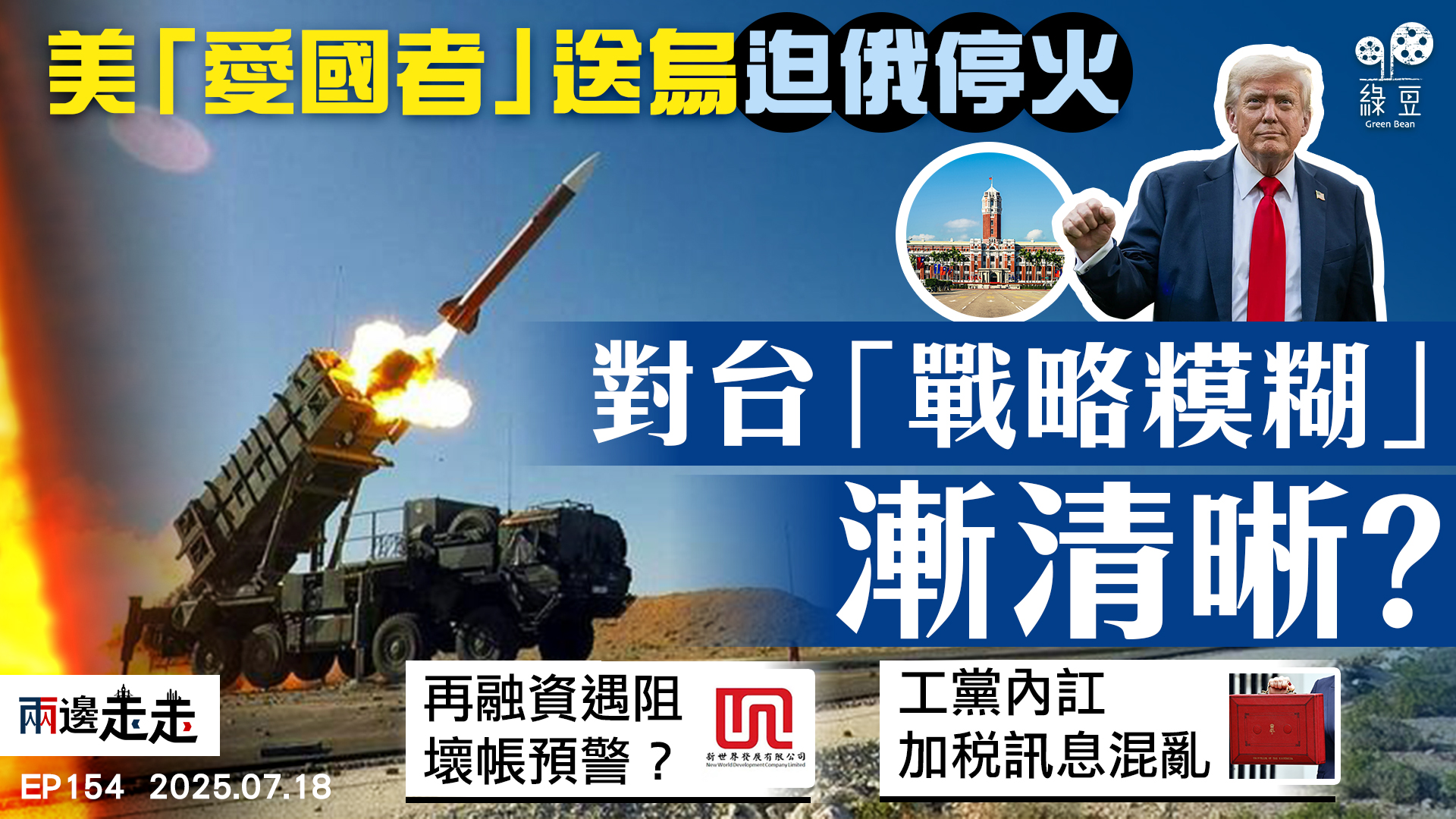Elsie Leung’s backing of CFA ruling intriguing

Elsie Leung, the first justice minister in Hong Kong after 1997, is one of the handful of patriots whom China trusts most. Not surprisingly, last week’s revelation that she has backed a Court of Final Appeal ruling against the Government’s bid to block a move by media tycoon Jimmy Lai Chee-ying to be represented by renowned British lawyer Timothy Owen at his trial has caused a stir in the political and legal circles.
Eyebrows were raised. But it, again not surprisingly, has not stopped the Government from seeking China’s national legislature to step in to interpret the Hong Kong national security law to block Owen from defending Lai at the long-awaited trial, now rescheduled for December 13.
In an article sent to some quarters in the legal community after the CFA ruling was delivered on Monday (28/11), Leung said the NSL has no specific requirements on defence counsels at a trial. Therefore, she said Hong Kong courts should handle applications for overseas lawyers in accordance with the existing rules. Leung noted that the hiring of overseas lawyers to join local cases has been handled under a set of well-established principles.
In a clear reference to an argument by some pro-Beijing figures that overseas lawyers did not understand the national security law, Leung asked: “How much experience (of NSL cases) Hong Kong barristers have?” She went on: “Some people have demanded an interpretation of the NSL. Which provision should be re-interpreted?”
There is no provision on legal representation of trials in the NSL, which was enacted in late June 2020.
Leung, who was also a vice-chairman of the Basic Law Committee under the National People’s Congress Standing Committee, has cited remarks made by President Xi Jinping in a speech delivered on July 1 during his visit to Hong Kong in her comment. Leung said Xi has underscored the importance of the rule of law system in Hong Kong and the role of the city in the nation’s great rejuvenation.
Responding to Chinese-language Ming Pao on her move, Leung said she was merely expressing her view on the CFA ruling, adding she did not oppose interpretation by the NPC and that she had not conveyed any views to Beijing on the matter.
The fact she did not oppose an interpretation should not be construed as a show of support.
With the swift act by Chief Executive John Lee to demand a NPC interpretation hours after the CFA judgment, Leung’s backing of the ruling in an unpublicised article has become academic. It has and will make no impact whatsoever on the fate of Owen’s participation at the Lai trial. By the time of the writing of this article, it is still unclear when and how the NPC Standing Committee will handle the Chief Executive’s request. It looks certain overseas lawyers will be barred from participating in NSL cases.
Shortly after John Lee announced his decision to seek NPC interpretation, the State Council’s Hong Kong and Macau Affairs Office backed the move. It said in a statement the CFA ruling had violated “the legislative spirit and legal logic” of the national security law.
The chain of events leading to what would be the sixth interpretation by the NPC Standing Committee on legal matters relating to Hong Kong since 1997 has not come as a surprise.
As soon as the Government lost its bid to bar Owen from representing Lai at Court of First Instance, pro-Beijing heavyweight figures and media have fired salvos against the court. On the eve of the CFA hearing, some prominent patriots have threatened to ask the NPC to intervene if the final appellate court rejected the Government’s appeal.
There have been few voices that backed the court’s ruling in the legal community and society as a whole, apparently because of the hyper-sensitivity of the Lai case and the atmospherics of fear precipitated by the national security law.
It is against that background that the intriguing move by Leung to lend her weight behind CFA ruling is thought-provoking and illuminating regarding the implications of the Lai case on the city’s common law system.
There is no denying the row has been inherently complex because of the Jimmy Lai factor and that his case has emerged as the biggest and perhaps most important national security case since the law is in place.
At the centre of the row is how to reconcile the contradictions between the common law system and the national security law, which was formulated and enacted by the national legislature based on a drastically different legal system, namely Continental Law.
What Leung has done was primarily calling a spade a spade about the longstanding policy of the representation of overseas counsel at a trial under the common law system. But when it comes to a NSL case featuring Jimmy Lai, the existing rules have become illusionary and irrelevant. Calling a spade a spade is not an easy task.
The Ming Pao report quoted pundits as saying Leung just wanted to “make a comment” on the CFA ruling, which seemingly suggests that she has no political agenda. Judging from her background and personality, it is probably true.
It is no small political feat, nevertheless, to tell the unwelcome truth when doing so could be deemed as politically incorrect and could cause an embarrassment to the authorities.
▌[At Large] About the Author
Chris Yeung is a veteran journalist, a founder and chief writer of the now-disbanded CitizenNews; he now runs a daily news commentary channel on Youtube. He had formerly worked with the South China Morning Post and the Hong Kong Economic Journal.





